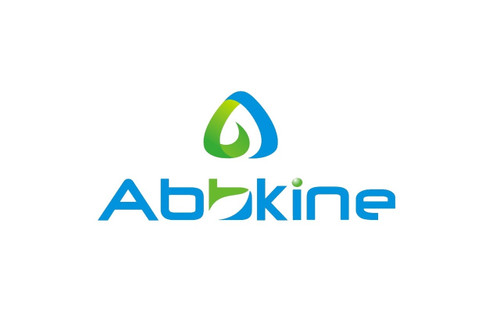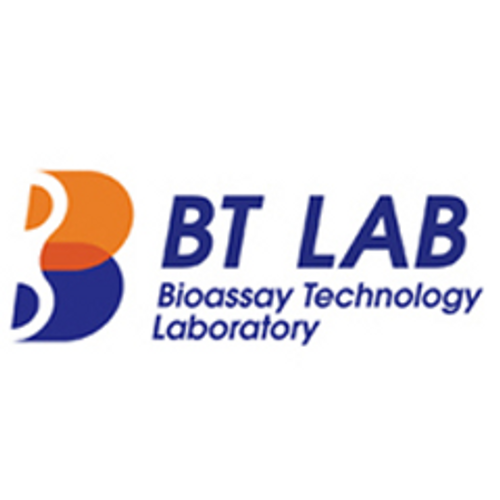Product Description
Human DNA repair protein RAD51 homolog 1 (RAD51) ELISA Kit | AE24529HU | Abebio
Species Reactivity: Human (Homo sapiens)
Abbreviation: RAD51
Alternative Name: BRCC5; HRAD51; HsRad51; HsT16930; RAD51A; RECA; BRCA1/BRCA2-containing complex; subunit 5|DNA repair protein RAD51 homolog 1|RAD51 homolog protein|RecA; E. coli; homolog of|RecA-like protein|recombi
Application: ELISA
Range: 0.312-20 ng/mL
Sensitivity: 0.118 ng/mL
Intra-Assay: ≤6.3%
Inter-Assay: ≤11.3%
Recovery: 0, 95
Sample Type: Serum, Plasma, Other biological fluids
Detection Method: Sandwich
Analysis Method : Quantitive
Test Principale: This assay employs a two-site sandwich ELISA to quantitate RAD51 in samples. An antibody specific for RAD51 has been pre-coated onto a microplate. Standards and samples are pipetted into the wells and anyRAD51 present is bound by the immobilized antibody. After removing any unbound substances, a biotin-conjugated antibody specific for RAD51 is added to the wells. After washing, Streptavidin conjugated Horseradish Peroxidase (HRP) is added to the wells. Following a wash to remove any unbound avidin-enzyme reagent, a substrate solution is added to the wells and color develops in proportion to the amount of RAD51 bound in the initial step. The color development is stopped and the intensity of the color is measured.
Product Overview: RAD51 is a member of the RAD51 protein family. RAD51 family members are highly similar to bacterial RecA and Saccharomyces cerevisiae Rad51, and are known to be involved in the homologous recombination and repair of DNA. This protein can interact with the ssDNA-binding protein RPA and RAD52, and it is thought to play roles in homologous pairing and strand transfer of DNA. This protein is also found to interact with BRCA1 and BRCA2, which may be important for the cellular response to DNA damage. BRCA2 is shown to regulate both the intracellular localization and DNA-binding ability of this protein. Loss of these controls following BRCA2 inactivation may be a key event leading to genomic instability and tumorigenesis. Multiple transcript variants encoding different isoforms have been found for this gene.
Stability: The stability of ELISA kit is determined by the loss rate of activity. The loss rate of this kit is less than 5% within the expiration date under appropriate storage condition. The loss rate was determined by accelerated thermal degradation test. Keep the kit at 37°C for 4 and 7 days, and compare O.D.values of the kit kept at 37°C with that of at recommended temperature. (referring from China Biological Products Standard, which was calculated by the Arrhenius equation. For ELISA kit, 4 days storage at 37°C can be considered as 6 months at 2 - 8°C, which means 7 days at 37°C equaling 12 months at 2 - 8°C) .
 Euro
Euro
 USD
USD
 British Pound
British Pound
 NULL
NULL








